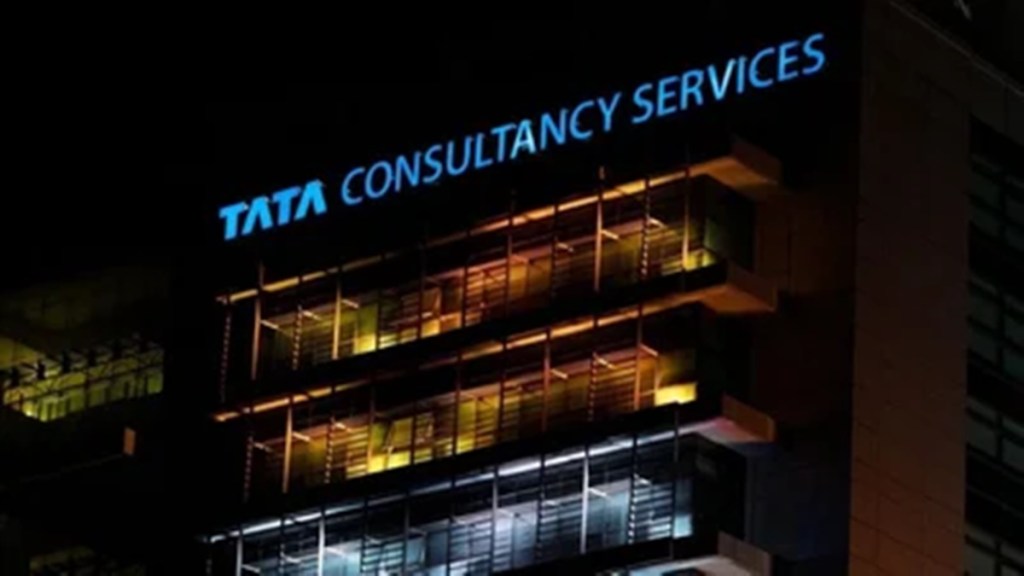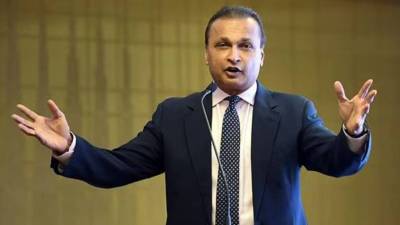The Tata Consultancy Services (TCS) layoff has sent shock waves down the industry. At a time when the tech industry is grappling with massive layoffs, TCS’s CEO made a shocking revelation in an interview, a decision that would affect 2 per cent of its workforce around the world. The upcoming layoff, set to impact around 12,261 employees, has particularly raised worries among those in senior and middle management roles. Amidst industry speculations, though, TCS CEO K. Krithivasan has stepped forward to clarify the reasons behind the move.
Unlike the popular belief, Krithivasan asserts that Artificial Intelligence (AI) is not the main cause, unlike some of its rivals across the globe.
In an interview with Moneycontrol, Krithivasan directly addressed the AI connection, stating, “This is not because of AI giving some 20 per cent productivity gains.” Instead, he attributed the decision to situations “where there is a skill mismatch, or, where we think that we have not been able to deploy someone.”
Phased approach to layoffs
Krithivasan assured that the workforce layoffs will not be abrupt. “It will be coming through the year. We won’t do it in a hurry. We will first talk to the people that could be impacted. We will provide them an opportunity. When we are not able to provide the opportunity, then we will do what we need to do,” the CEO explained. These layoffs will be implemented gradually throughout the fiscal year 2026.
TCS says that it is committed to a compassionate approach, emphasising adherence to its established HR policies for affected employees. These policies include notice-period pay, additional severance benefits, extended insurance coverage, outplacement support, and counseling services. “We will do it in a very, very compassionate way,” he assured.
AI’s broader influence on the IT industry
While Krithivasan de-emphasised AI as the direct trigger for TCS’s current cuts, the decision to rebalance the workforce comes years after the introduction of AI tools like ChatGPT and Gemini into mainstream professional use. With AI models promising to revolutionise work, companies are actively exploring new business models to “future-proof” their operations.
Phil Fersht, chief executive of HFS Research, commented on the broader industry trend, telling Hindustan Times, “The impact of AI is eating into the people-heavy services model and forcing the large service providers such as TCS to rebalance their workforces to maintain their profit margins and stay price competitive.”
Fersht anticipates this rebalancing trend will continue for roughly a year, as firms prioritize training junior talent for AI-driven solutions and managing employees who struggle to adapt to the evolving “services-as-software” model.









